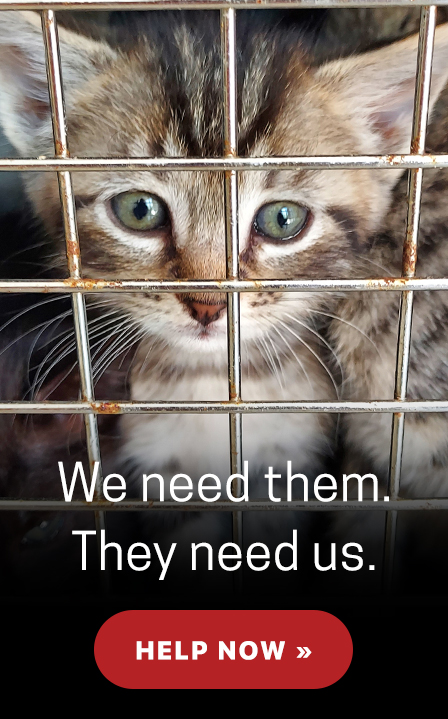Sadly, statistics indicate that missing pets rarely find their way home. Approximately 10 million pets are lost or stolen in the United States each year, and more than 6 million animals wind up in the nation’s animal shelters. Given that dogs and cats in shelters without ID are much less likely to be reunited with their owners, identification can mean the difference between life and death for your best friend.
For this reason, American Humane created “Every Day is Tag Day™,” a nationwide effort held annually on the first Saturday in April. The event unites thousands of animal care and control agencies, veterinarians and humane organizations in the common goal of urging pet owners to equip their pets with ID tags and/or microchips to maximize the chance of their safe return if they stray from home or are lost.
It is imperative that all cats and dogs wear collars with ID tags, rabies vaccination tags and city or county licenses (where applicable). The ID tag should include the owner’s name, address, telephone numbers (day and evening) and the pet’s name. Here are some other tips:
- If you are traveling, put a temporary tag on your pet with the contact information of someone who knows how to reach you.
- For cats, use a specially made safety collar that has a short piece of elastic sewn in it. These collars allow the cat to escape if it gets caught on window blinds, furniture, fencing or other objects.
- Tag your cat even if you never let him outside. He could slip through an open door and quickly become lost in the neighborhood.
We also strongly suggest that all pet owners take the added security precaution of having their pets microchipped. Microchipping serves as a permanent identification system that will always be with your pet. Nearly all animal shelters across the country routinely scan every animal upon intake for the presence of a microchip, and most veterinary clinics also have microchip scanners.
How do microchips work? Each chip contains a unique ID number that can be read by a microchip scanner and matched with owner information in a comprehensive database. A microchip is effective in reuniting a lost pet with his owner only when the owner’s contact information in the microchip database is accurate. Therefore, it is vital that you immediately register your pet’s microchip with the appropriate database, and always update your contact information promptly when you move or get a new phone number.
Today and every day, make sure your pets are equipped in the event that they get separated from you. It can be truly heartbreaking to lose a pet, but taking these measures will ensure you are more likely to reunite with your four-legged family member.


